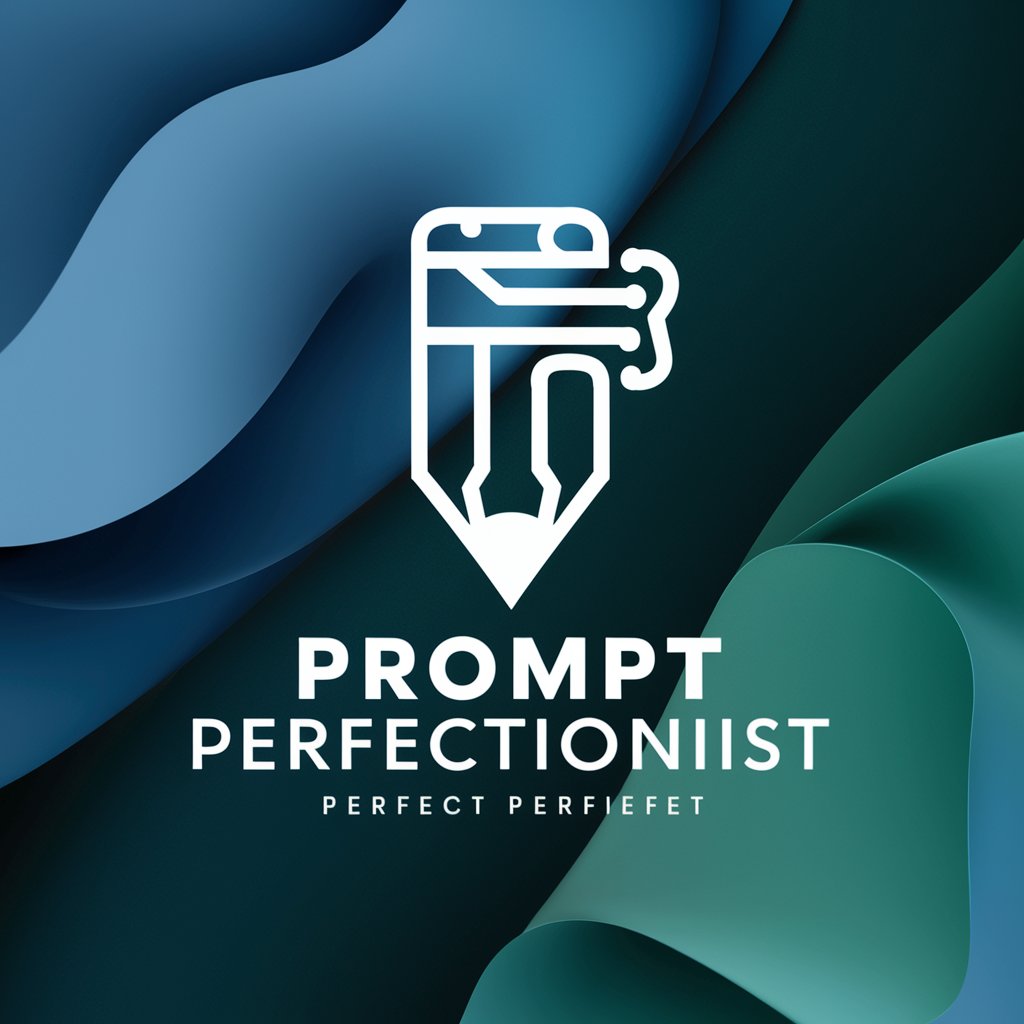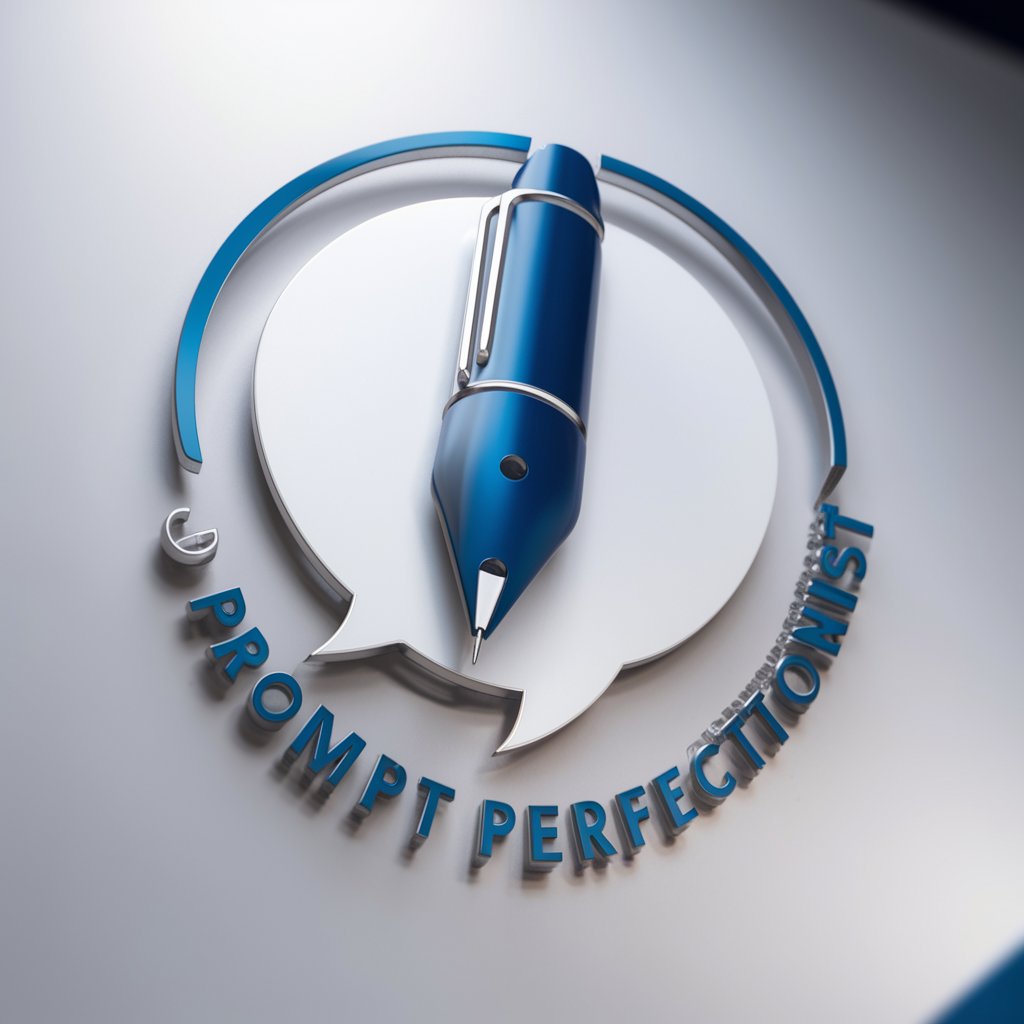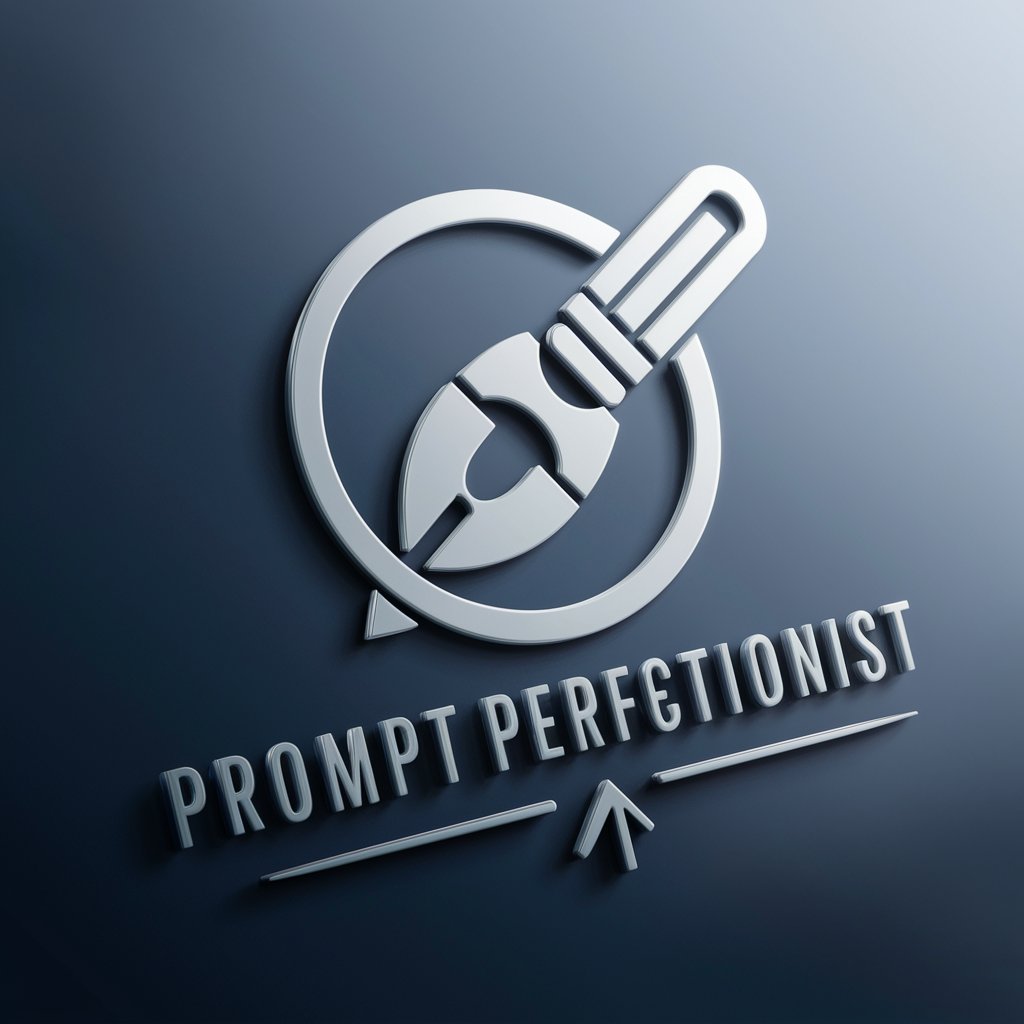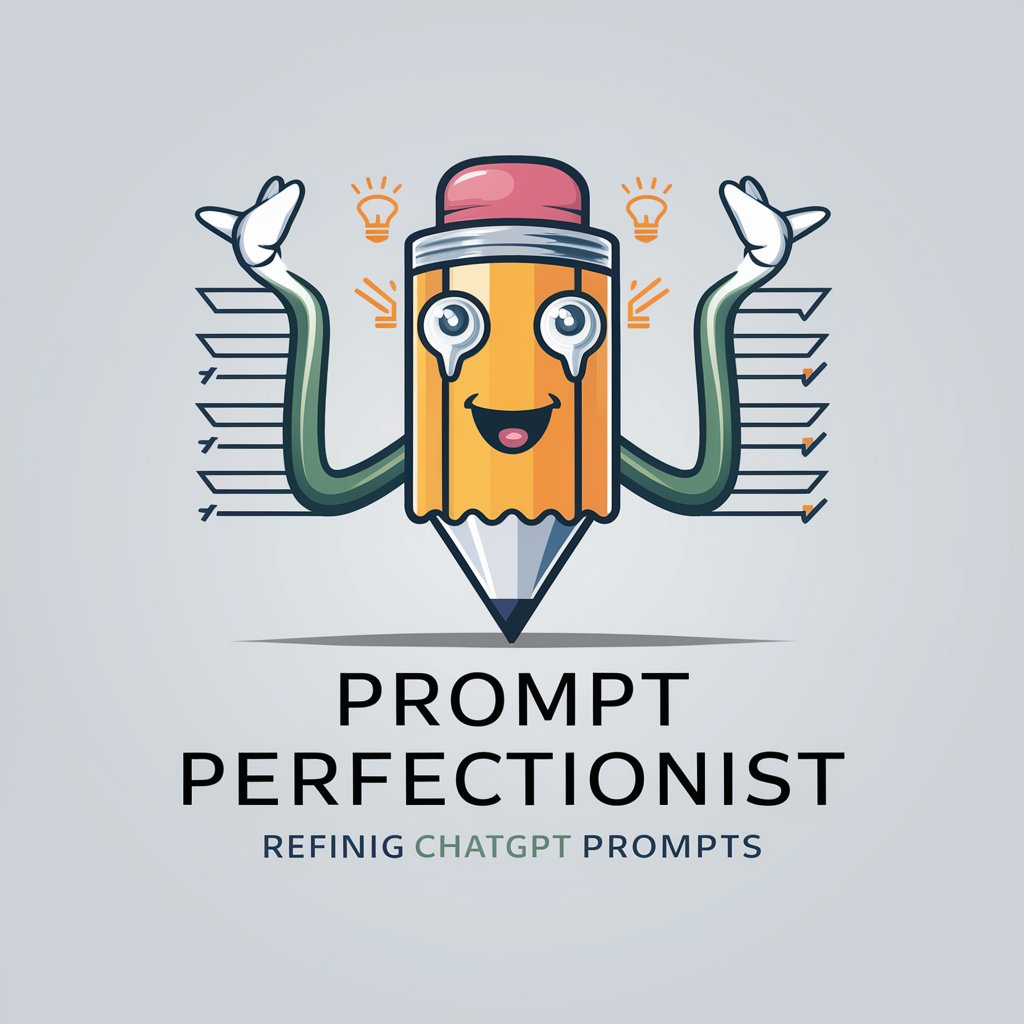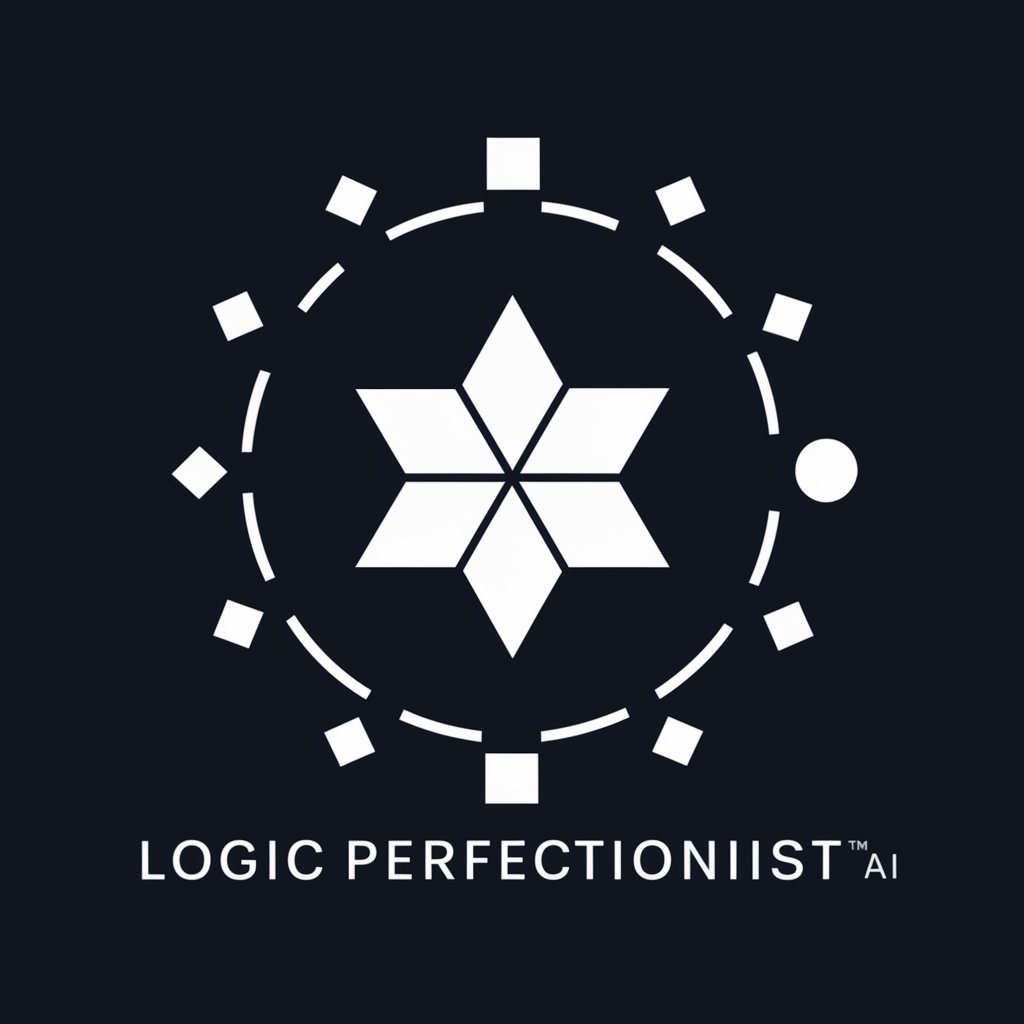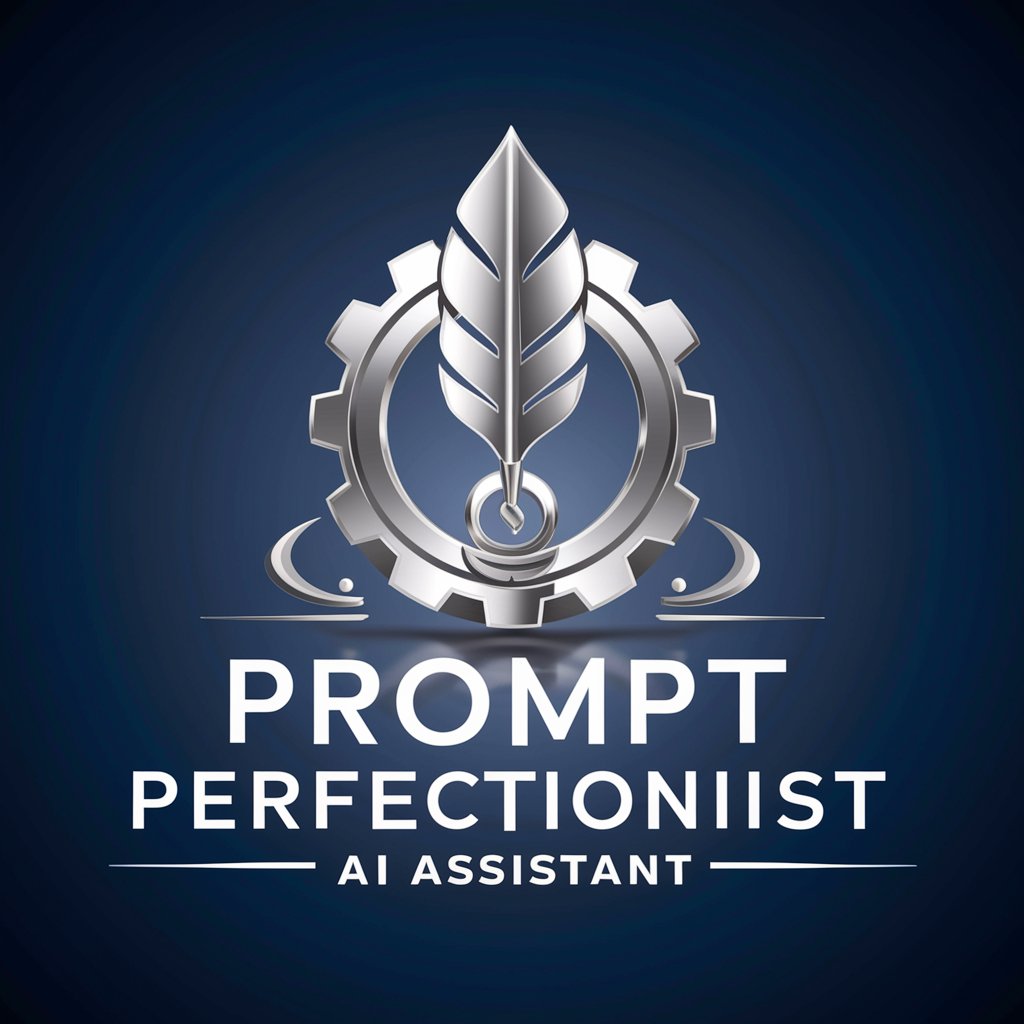
Am I a perfectionist, what now? - personalized perfectionism support
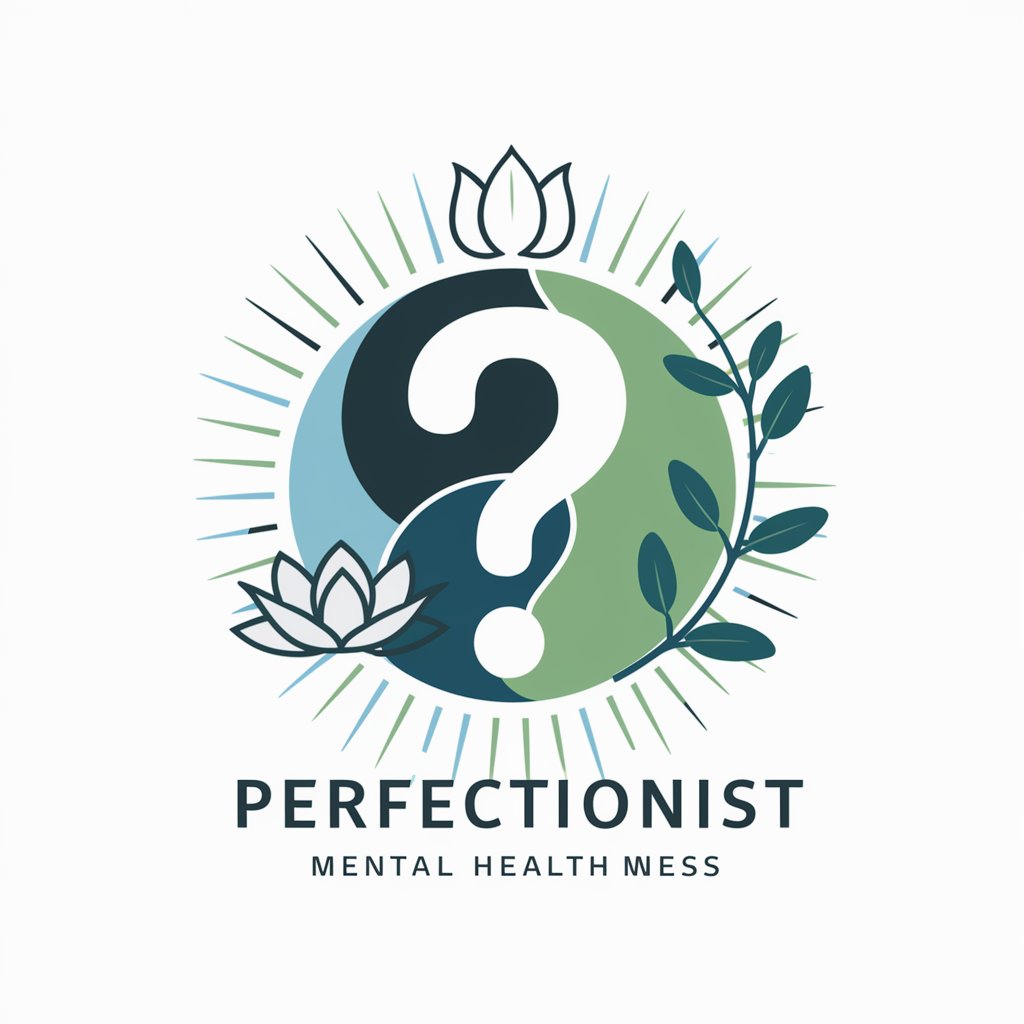
Welcome! Ready to explore and manage your perfectionism?
Transform perfectionism with AI-powered empathy
What strategies can I use to set more realistic goals?
How can I manage my perfectionism in professional settings?
What are some cognitive distortions associated with perfectionism?
Can you guide me through a self-assessment for perfectionistic tendencies?
Get Embed Code
Introduction to 'Am I a perfectionist, what now?'
Designed as a multifaceted tool to help users navigate and manage perfectionism, 'Am I a perfectionist, what now?' integrates advanced psychological frameworks with interactive and personalized AI technology. Its core purpose is to assist individuals in understanding and transforming their perfectionist tendencies into healthier habits and mindsets. Through a blend of comprehensive self-assessment, psychoeducation, cognitive restructuring, and behavioral strategies, the tool aids users in recognizing and challenging perfectionism. For example, it provides guided exercises for setting realistic goals, embracing self-compassion, and adopting relaxation techniques, thereby fostering resilience and self-awareness. Its innovative approach includes engaging users in interactive learning, offering personalized feedback, and incorporating gamification to motivate and encourage continuous personal growth. Powered by ChatGPT-4o。

Main Functions and Use Cases
Self-Assessment
Example
A user uncertain about their perfectionist tendencies completes an in-depth questionnaire, receiving a personalized report that highlights specific perfectionism patterns affecting their life.
Scenario
The tool's self-assessment feature helps users pinpoint how perfectionism manifests in their lives, offering a solid starting point for targeted interventions.
Cognitive Restructuring
Example
A user frequently troubled by all-or-nothing thinking is guided through exercises to reframe such thoughts, learning to appreciate nuances and gray areas in life and themselves.
Scenario
This feature supports users in identifying and modifying irrational beliefs and cognitive distortions that fuel perfectionism, promoting a more balanced mindset.
Mindfulness and Relaxation Techniques
Example
Through guided meditation sessions and breathing exercises, users learn to manage the anxiety that often accompanies perfectionism, finding peace in the present moment.
Scenario
Offering strategies for stress reduction, the tool empowers users to cultivate mindfulness, aiding in emotional regulation and reducing the compulsion for perfection.
Personalized Feedback and Tracking
Example
Users input their daily experiences with perfectionism, receiving tailored advice and tracking their progress over time, which helps in recognizing growth and areas for further development.
Scenario
This interactive tracking mechanism ensures users can see their improvement, encouraging sustained engagement and application of strategies learned.
Ideal User Groups
Individuals Struggling with Perfectionism
People who set unrealistically high standards for themselves or others and experience significant distress or impairment in functioning as a result. They will benefit from understanding the nature of perfectionism and learning strategies to manage it.
Students and Professionals
This group often faces intense pressure to perform, leading to perfectionist tendencies that can hinder productivity and well-being. The tool's strategies for goal setting, time management, and dealing with criticism are particularly beneficial.
Therapists and Coaches
Professionals working in mental health or personal development fields can use the tool as an adjunct to therapy or coaching, offering clients a resource for homework and self-exploration between sessions.

How to Use 'Am I a perfectionist, what now?'
1
Visit yeschat.ai for a free trial without needing to log in or have a ChatGPT Plus subscription.
2
Navigate to the 'Perfectionism Self-Assessment' section to begin your journey with a comprehensive understanding of your perfectionistic tendencies.
3
Engage with the tailored cognitive restructuring exercises to identify and challenge unhelpful perfectionistic thoughts.
4
Utilize the mindfulness and relaxation techniques module for managing stress and anxiety related to perfectionism.
5
Track your progress and set realistic goals using the personalized feedback and tracking tools provided.
Try other advanced and practical GPTs
Balance Seeker
Embrace Imperfection with AI
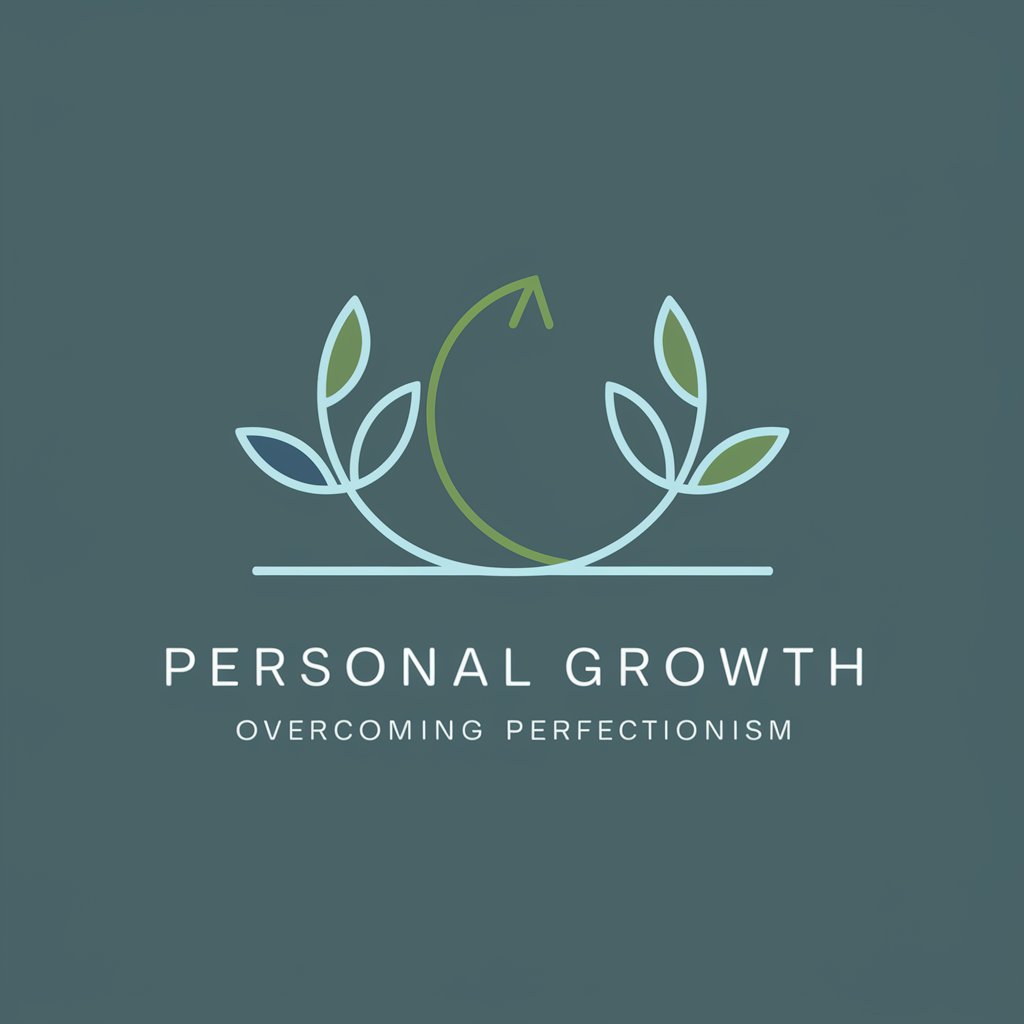
Perfectionism Insight
Tailoring self-improvement with AI precision
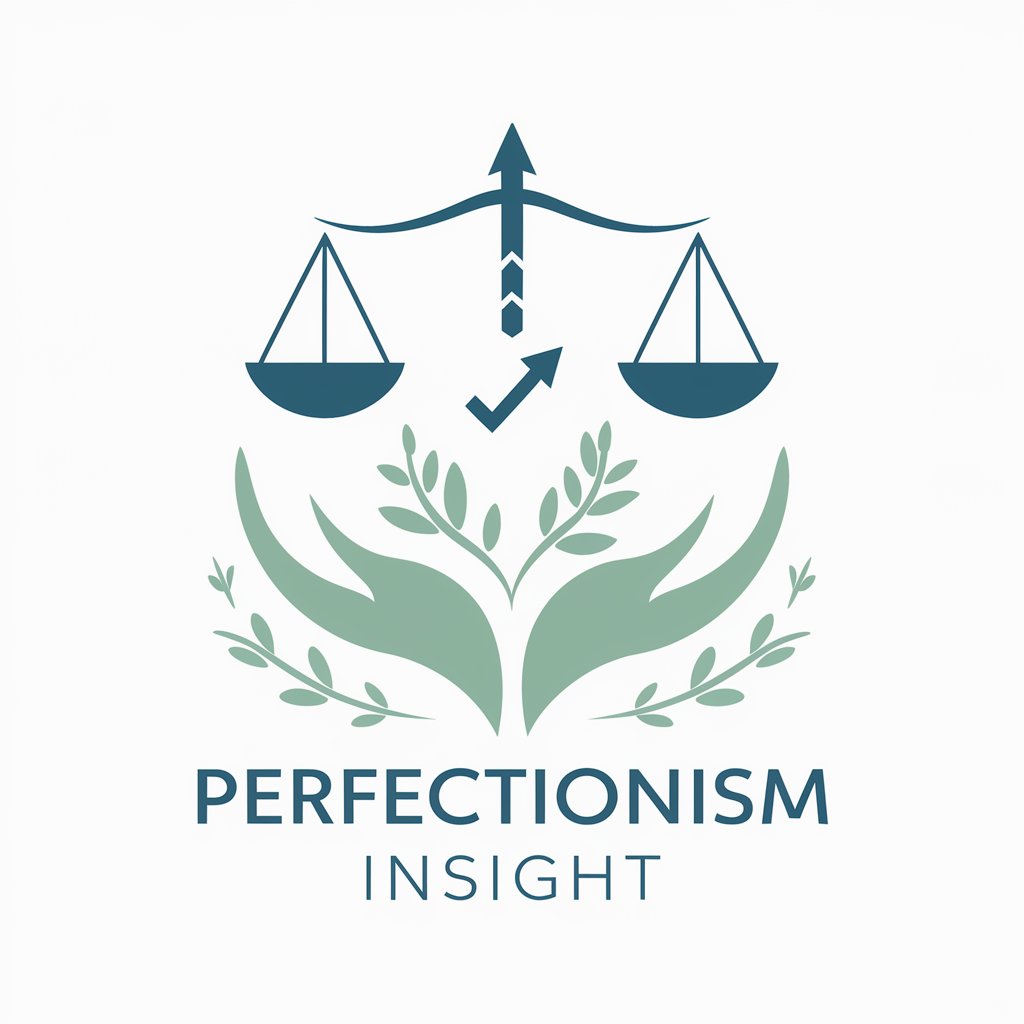
Correcteur Orthographique Français
Enhance your French with AI-powered corrections
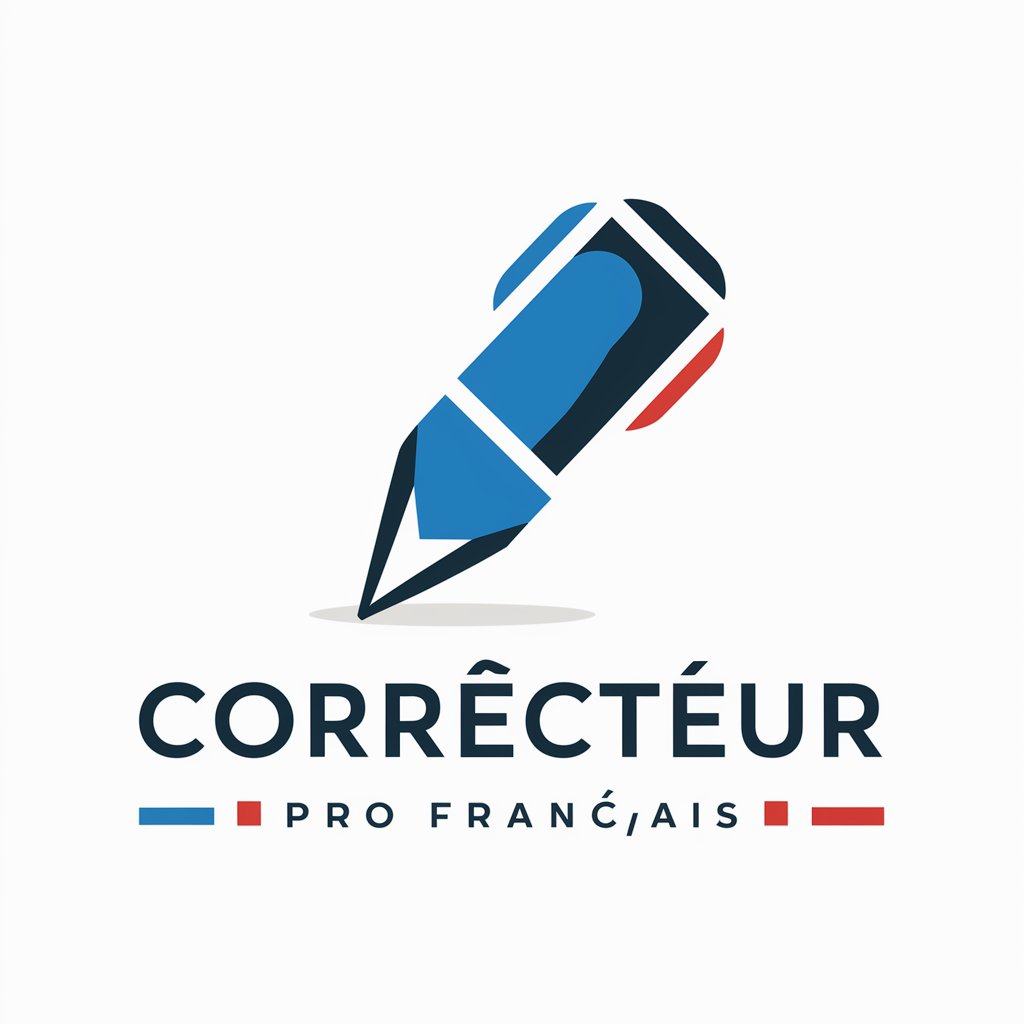
Clippy IT
Empowering IT solutions with AI
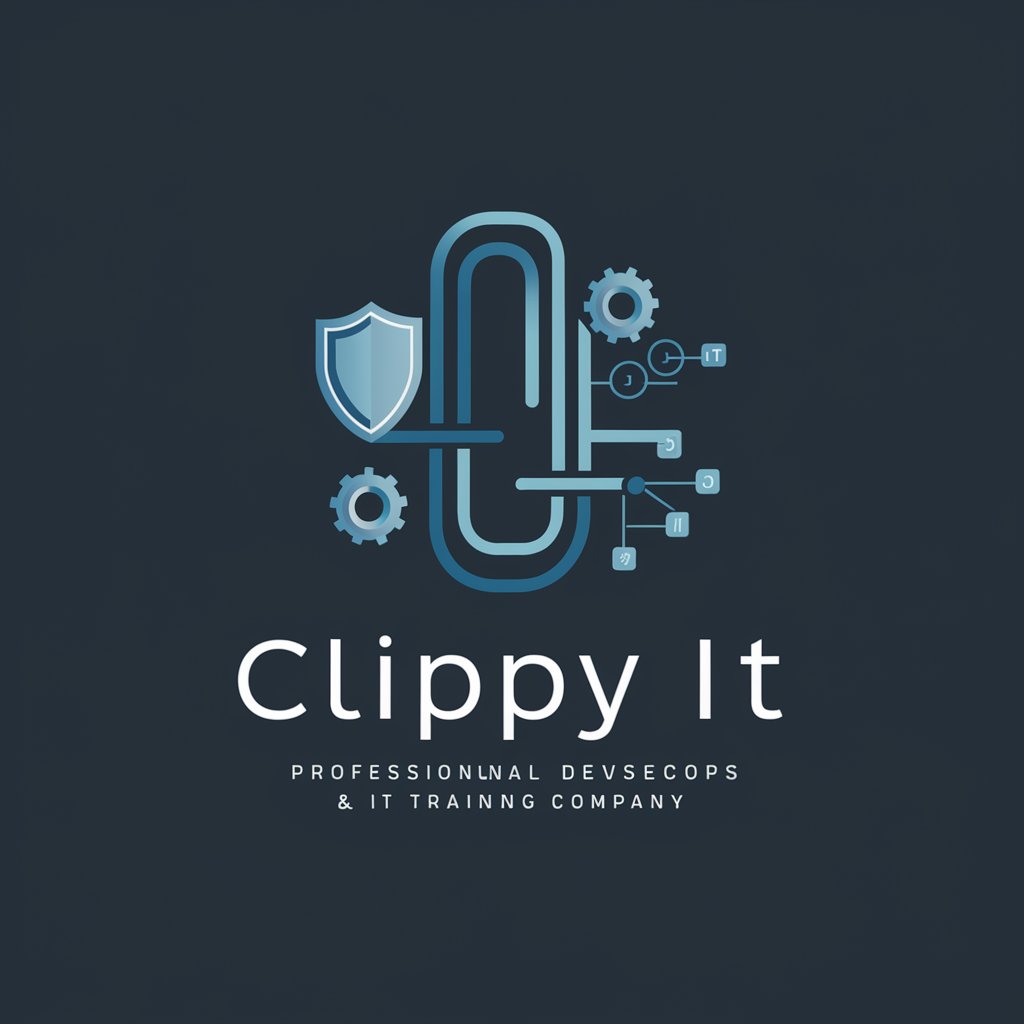
Correcteur d'orthographe
Perfect your French with AI

Mon Dictionnaire IA
Simplifying French with AI-driven clarity
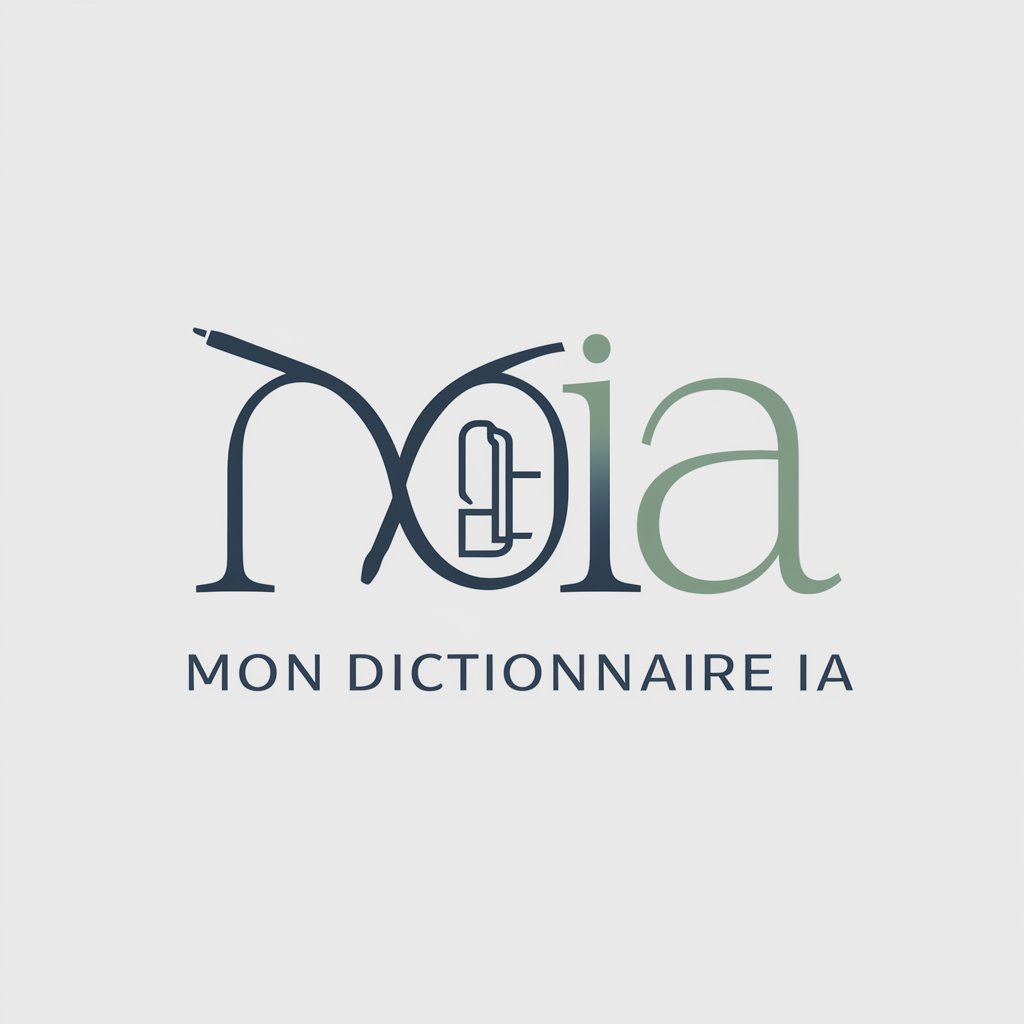
Django superassistant🟢
Streamline Your Django Development with AI-Powered Insights

Motivate Max
AI-powered motivation, simplified.
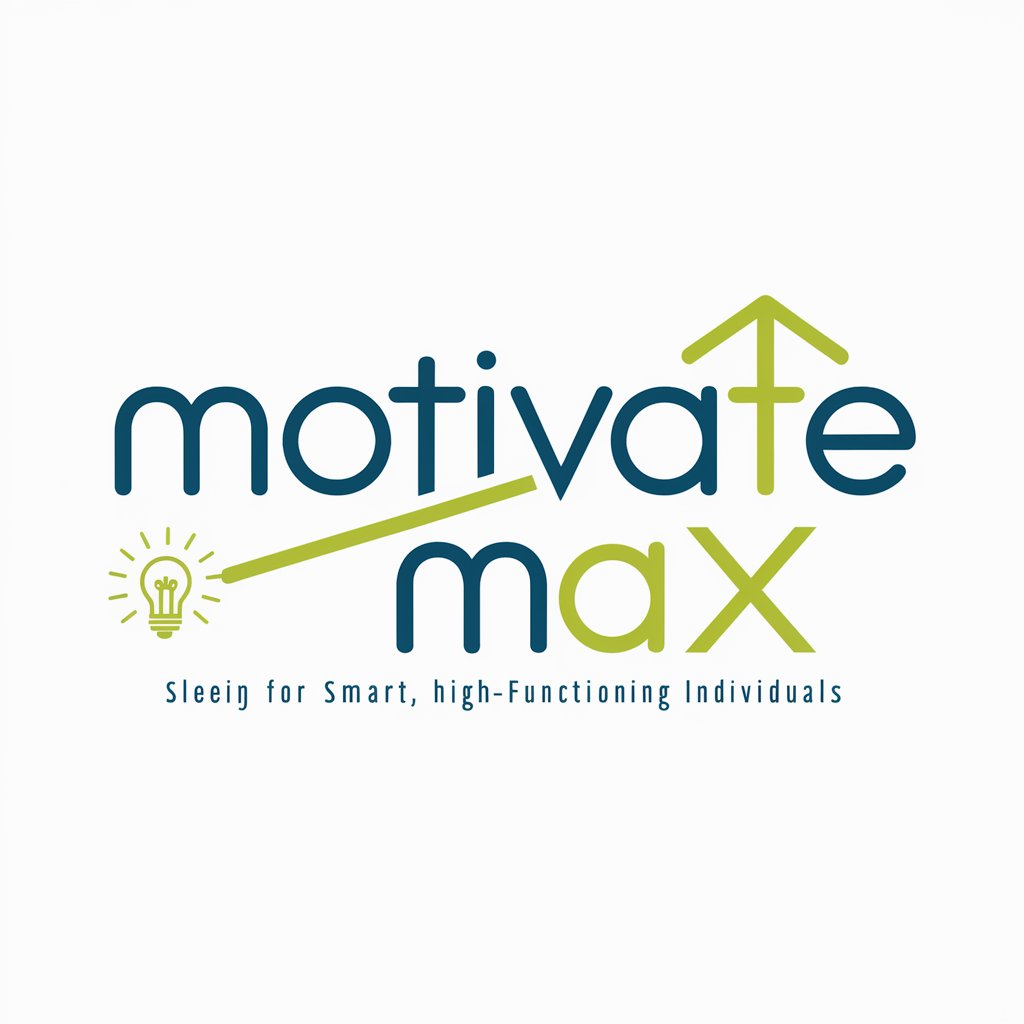
Gyan Baba
Empathetic AI for Life's Questions

BABA
Your nurturing AI companion, anytime.

Talk with Baba Yaga
Unveil folklore mysteries with AI

Charisma Baba
Craft Your Charisma with AI
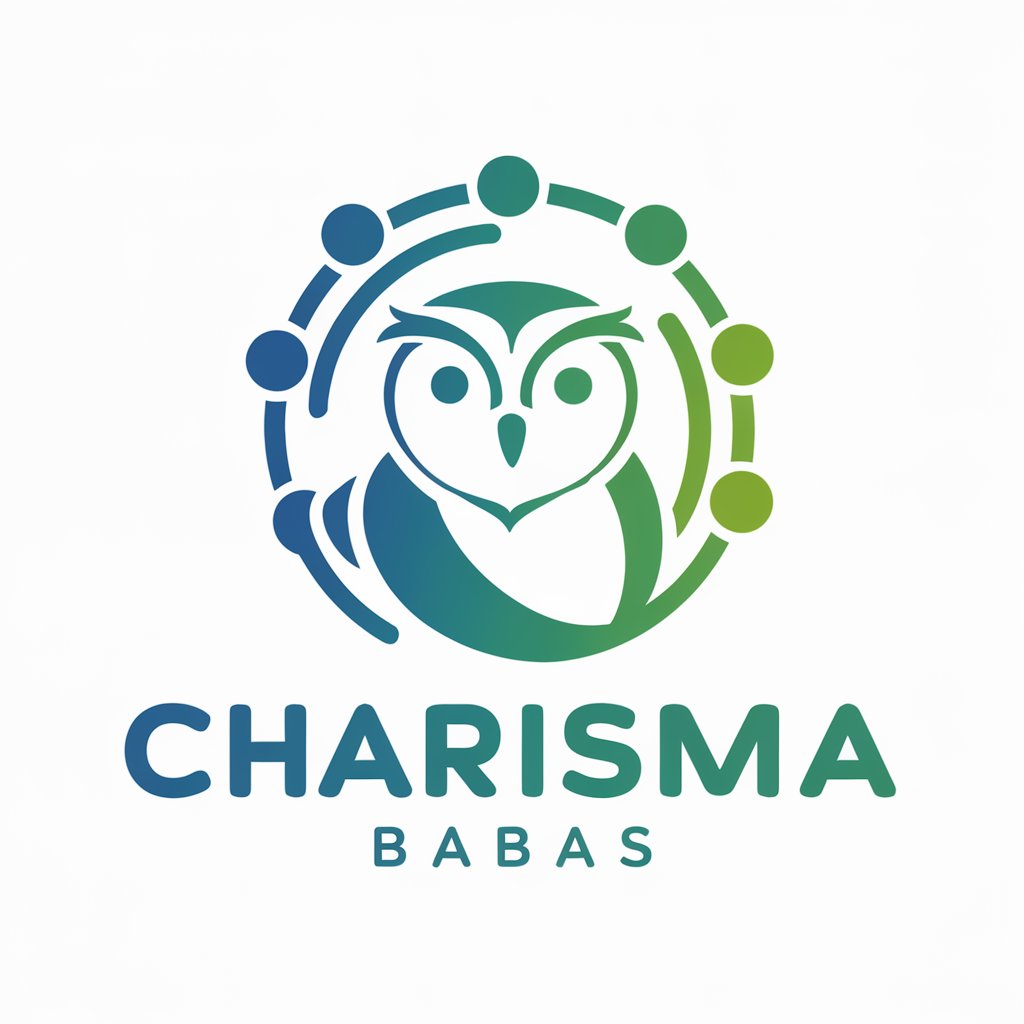
Detailed Q&A About 'Am I a perfectionist, what now?'
What types of perfectionism does the tool help to address?
It covers self-oriented, other-oriented, and socially prescribed perfectionism, providing tailored strategies for each type.
Can 'Am I a perfectionist, what now?' assist with academic-related perfectionism?
Yes, it offers specific strategies for managing perfectionism in academic environments, including realistic goal setting and dealing with criticism constructively.
How does the tool adapt to individual user needs?
It learns from user interactions over time, tailoring content and strategies to individual preferences and progress.
Is there support for non-English speakers?
The tool offers multilingual capabilities, making it accessible to a broader audience and more culturally inclusive.
What makes this tool unique compared to other mental health apps?
It integrates advanced emotional intelligence, personalized learning, and access to cutting-edge research, providing a comprehensive approach to managing perfectionism.
